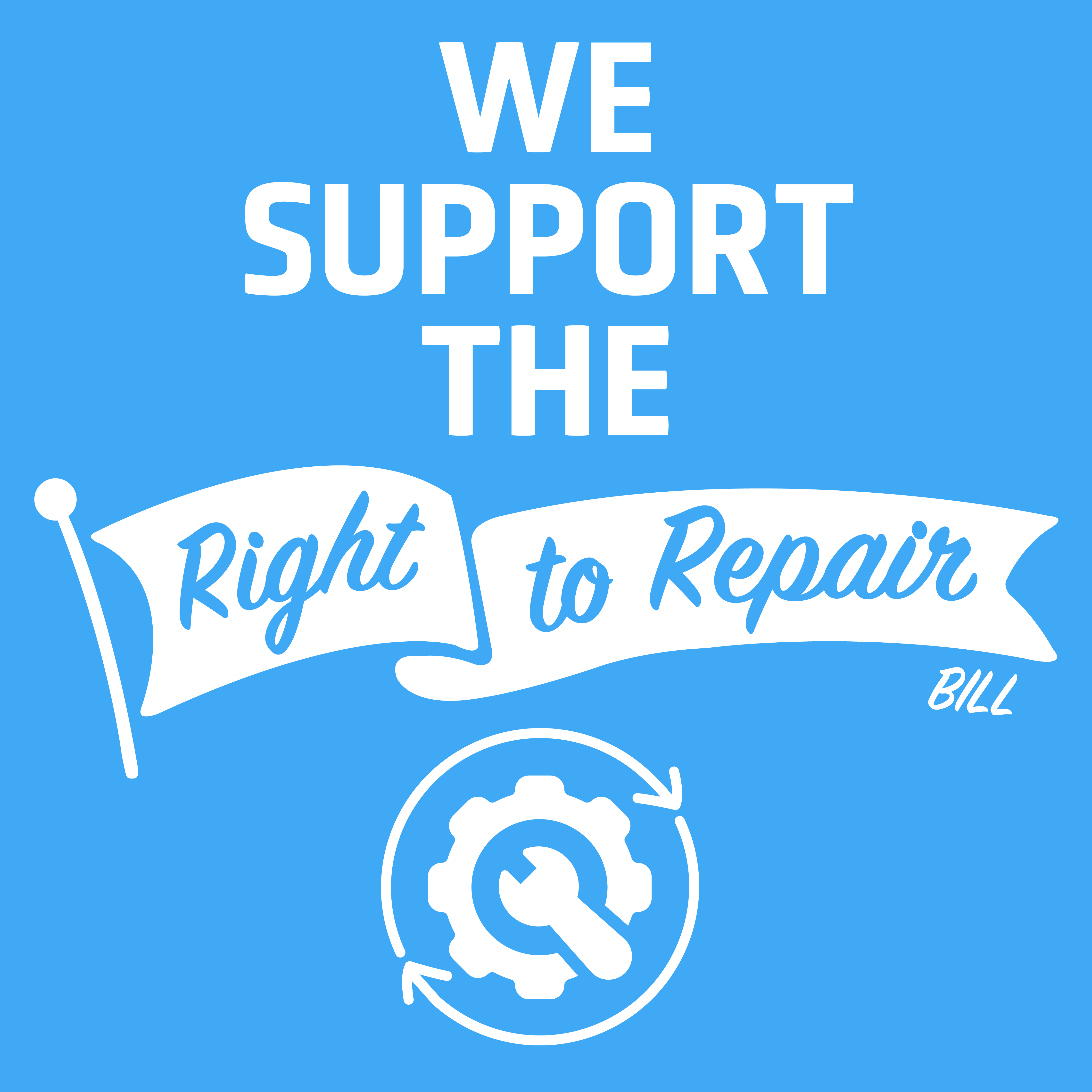This letter was authored and signed by the following organisations: Circularity, Eco Choice Aotearoa, Fixed First, Go Well Consulting, The Lever Room, Sustainable Business Network, Proxima, Buy NZ Made. Please get in touch with us if you’d like your organisation to be added in support.
Open Letter to the Members of Parliament of New Zealand: Support the Right to Repair Bill
To Members of Parliament,
We, the undersigned organisations, are committed to enhancing New Zealand’s economic productivity and resilience in ways that benefit society and our environment. That is why we collectively voice our support for the Consumer Guarantees (Right to Repair) Amendment Bill and urge you to advance it past its first reading for further consultation and refinement.
The Right to Repair Bill represents a significant opportunity to strengthen New Zealand’s economic resilience by mitigating critical supply chain disruptions, resource scarcity, greenhouse gas emissions (GHGs), and waste challenges by increasing the lifespan of the products we already own.
By empowering and enabling New Zealanders with the right to repair their possessions, this Bill will also improve resource efficiency and productivity while aligning our economy with today’s global standards for a low-carbon circular economy. Businesses too will significantly benefit from new revenue streams, lower warranty costs, improved customer loyalty, and provide competitive advantages in a cost-conscious market. At the same time, the Bill will create local repair jobs strengthening communities and social enterprises.
The proposed changes are crucial because, despite consumers wanting to repair items, they often face barriers such as a lack of spare parts, inaccessible repair information, products designed to be unrepairable, and the high cost of repair compared to replacement. Many businesses offer replacement first at a cost to them, rather than repair, because of liability concerns. These barriers often result in consumers having no choice but to replace or go without.
However great the benefits of repairing many products we acknowledge that law makers should guard against a sweeping, one-size-fits-all approach. The variation and complexity across product types requires well thought out legislation that protects against unintended consequences.
Further details of our support for this Bill are outlined below.
We welcome the opportunity to discuss the contents of this letter further. Please contact us at the details provided below to arrange a meeting with select signatories.
Why the Right to Repair Matters
Our Waste Problem
In the 2023/2024 financial year, 3.6 million tonnes of household and commercial waste was received by class 1 waste facilities and just 0.3 million tonnes were “diverted”[1]; this is equivalent to 608kgs of landfill waste for every New Zealander.[2]
In 2022, our waste made up 4.5% of Aotearoa’s GHG emissions.[3]
New Zealand generates 98,000 tonnes of e-waste a year, or 19.2kg per capita – 2.5 times higher than the world average of 7.3kg; we recycle just 2%.[4]
To address these significant problems, we are already seeing cities such as Christchurch driving forward an economic ambition that includes strategies to help residents repair, reuse, and reduce waste.[5]
Consumers Want to Repair:
Research by the European Union (EU) found that consumers lose about €12 billion yearly by replacing goods rather than repairing them[6] It’s not surprising then that 77% of EU consumers would rather repair their goods than buy new ones.[7]
In New Zealand, community repair cafés have grown in popularity. One example being Repair Café Aotearoa New Zealand who have hosted 723 events since February 2016, over 19,000 items being seen by a repair expert, and diverting 32 tonnes of waste from landfills.[8]
Globally, repair is also gaining traction. In Europe, it is estimated that more than 58% of products brought in for repair in 2021 were successfully fixed[9] However, barriers such as the lack of spare parts, inaccessible repair information, the increased complexity of products and high repair costs often prevent consumers from pursuing repairs.[10]
By mandating access to repair information, tools, and affordable services, the Right to Repair Bill would empower consumers to make better product choices, reduce waste, save money, and restore their autonomy. It should be noted that the Ministry of Justice has already stated that the Bill aligns with the New Zealand Bill of Rights Act.[11]
Economic Benefits of Repair
New revenue streams and cost reductions: Repair services, spare parts, and repair kits create additional income opportunities for businesses while reducing returns and warranty costs. According to an estimate by the EU Commission, the Right to Repair Directive will result in sellers and producers saving around €15.6 billion in the next 15 years, as they repair products instead of replacing them for free under the legal guarantee. Growth and investment also will increase by €4.8 billion. And consumers are expected to save a total of €176.5 billion over the period.[12]
Job creation and local economies: Repair industries foster local job creation and support social enterprises. For instance, France’s Repairability Index has spurred demand for repair services, while programs like Austria’s repair vouchers – covering up to 50% of repair costs of defective electronic items -have directly supported consumers and repair businesses.[13]
Repair Improves Resource Productivity
Repairing and extending the life of products minimises GHG emissions, reduces resource extraction, conserves energy, and improves productivity.[14] Repair is at the top of the waste hierarchy, alongside refuse, redesign, and reuse, because it consumes less energy and retains product value compared to recycling.
In contrast, recycling often downgrades material quality and is economically unsustainable for many products. By focusing on repair, we can significantly reduce the demand on recycling infrastructure and for the landfill or incineration of our economic resources.
Strengthening New Zealand’s Global Reputation
Many New Zealand businesses already recognise the value of repair. Brands like Untouched World, Blunt, Cactus Outdoor, Zempire, Kowtow, and Yu Mei incorporate repair strategies into their operations, allowing them to build brand reputation and loyalty, and gather valuable information on the cause for repair.[15] Globally, companies like Patagonia have repaired 50,000+ garments annually, catering to growing consumer demand for durable, repairable goods.[16]
Passing this Bill would help New Zealand catch up with modern circular economy practices, including the three quarters of G20 economies who have national circular economy strategies, including Australia.[17] It would also enhance the quality and durability of goods made and sold here, restoring pride and boosting the reputation of New Zealand Made craftsmanship supporting the goal for increased exports.
Jurisdictions around the world implementing policies to support repairability include:
- European Union (EU): The Ecodesign Directive and Circular Economy Action Plan mandate repairability for electronics and appliances. A proposed “Right to Repair” Directive is projected to save 1.8 million tons of resources, prevent 3 million tons of waste, and avoid 18.5 million tons of GHG emissions annually.[18]
- United States: States like New York and California have passed right-to-repair laws, and federal initiatives, such as former President Biden’s executive order, to promote competition and repairability.[19]
- France: The Repairability Index rates products on repairability, empowering consumers and incentivising manufacturers. Additionally, France offers bonuses of up to €25 for clothing and shoe repairs, reducing waste and supporting repair services.[20]
A Vision for Repair in New Zealand
We envision a thriving repair ecosystem in New Zealand that results in easy access to affordable and reliable repairs for consumers, and the creation of meaningful and skilled jobs all across the country. A repair ecosystem that supports New Zealand manufacturers to thrive through the production of quality and durable products that are in demand globally, and a significant reduction in the volume of products sent to landfills and the emission of GHGs.
More specifically we envision a thriving repairs ecosystem that:
- Saves households money by reducing the cost of replacing broken goods.
- Reduces waste infrastructure burdens for local councils and rate payers.
- Creates jobs through partnerships between manufacturers, retailers, repair technicians, and social enterprises.
- Encourages product innovation, such as modular designs and repairable features.
- Strengthens supply chains by fostering local manufacturing of spare parts, including the use of 3D printing, and reducing reliance on imported raw materials.
The Call to Action
While implementing repair standards across diverse products (many of which are imported) poses challenges, New Zealand is not starting from scratch. We can draw from the successes of countries like France and the EU, while tailoring solutions to meet local needs.
Vote this Bill past First Reading to the consultation stage to allow businesses, consumers, and experts to collaborate on practical, effective changes to the Consumer Guarantees Act that will give consumers the right to repair their belongings and result in significant positive economic, social, and environmental impacts.
Contact Details
To discuss the contents of this letter further or to arrange a meeting with select signatories please contact:
Nick Morrison
Founding Director
Go Well Consulting
nick@gowellconsulting.co.nz
027-777-3391
Signed by:
Circularity, Cactus, Eco Choice Aotearoa, Fixed First, Go Well Consulting, The Lever Room, Ruby, Sustainable Business Network, Untouched World, Yu Mei, Proxima.
[1] Diverted tonnage: the portion of the gross tonnage received at facilities, which is diverted for reuse, recycling, recovery, or otherwise removed from facilities within six months of it arriving.
[2] https://environment.govt.nz/facts-and-science/waste/waste-statistics/
[3] Ibid
[4] https://www.stuff.co.nz/environment/350392916/could-southlander-have-solution-nzs-e-waste-problem
[5] https://www.christchurchnz.com/about-us/strategies-publications/christchurch-economic-ambition#christchurcheconomicambition
[6] https://www.europarl.europa.eu/news/en/press-room/20240419IPR20590/right-to-repair-making-repair-easier-and-more-appealing-to-consumers
[7] https://www.europarl.europa.eu/topics/en/article/20220331STO26410/right-to-repair-eu-action-to-make-repairs-more-attractive
[8] https://www.repaircafeaotearoa.co.nz/
[9] https://www.eea.europa.eu/en/circularity/thematic-metrics/consumer/turnover-in-the-repair-sector
[10] Ibid
[11] https://www.austlii.edu.au/nz/other/NZBORARp/2024/24.pdf
[12] https://ec.europa.eu/commission/presscorner/detail/es/qanda_23_1795
[13] https://commission.europa.eu/projects/repair-bonus-promotion-repairing-electrical-and-electronic-equipment_en
[14] https://nff.org.au/media-release/nff-welcomes-right-to-repair-push-but-calls-for-commitment-for-ag-machinery/
[15] https://www.untouchedworld.com/blogs/journal/a-longer-life-behind-our-repairs-services
[16] https://knowledge-hub.circle-economy.com/article/3780?n=Patagonia-Worn-Wear—Repair-program-for-clothes
[17] https://www.dcceew.gov.au/sites/default/files/documents/australias-circular-economy-framework.pdf
[18] https://www.resourcify.com/blog/what-is-the-right-to-repair-in-the-eu
[19] https://edition.cnn.com/2021/07/14/tech/right-to-repair-biden-executive-order/index.html
[20] https://www.service-public.fr/particuliers/actualites/A16951?lang=en

